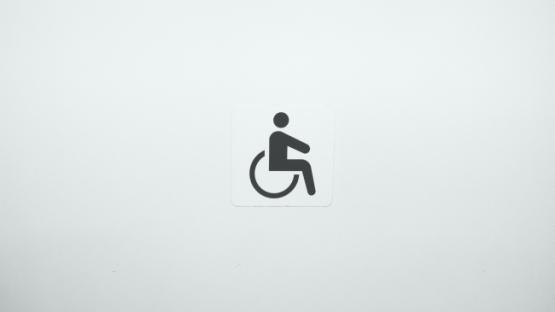
Photo by Julius Carmine on Unsplash
PI provided input to the UN Office of the High Commissioner for Human Rights in their consultation on the rights of people with disabilities

Photo by Julius Carmine on Unsplash
Our submission focussed on the evolving impacts of (i) automated decision-making, (ii) the digitisation of social protection programmes, (iii) sensitive data-processing and (iv) assistive technologies in the experiences and rights of people with disabilities.
We called on the OHCHR to:
Our submission is available in English and Spanish.
In March 2024, we went on to deliver an oral statement at the United Nations Human Rights Council's annual debate on the rights of persons with disabilities which highlighted some of the main concerns emphasised in our submission. You can read the full statement below or watch it delivered live here.
Madam Vice President,
Privacy International welcomes the opportunity to participate in this debate. We welcome the explicit recognition, made the report on good practises of support systems enabling community inclusion of persons with disabilities, of the need to mitigate the risks posed to the right to privacy of persons with disabilities, and to data protection, when harnessing digital technologies.
We are concerned, however, that this report recommends states "enhance data collection" without mentioning data protection or preserving privacy. Further, the report does not address key concerns related to the impact of digitisation on the rights of persons with disabilities. For example, social protection programmes should never employ automated decision making due to the threats this black-box technology poses to the rights of persons with disabilities, which were acknowledged by the Special Rapporteur on the Rights of Persons with Disabilities in their 2021 thematic report.
Digital technologies can play important roles in improving accessibility and the realisation of some human rights, but this must never come at the expense of other rights, such as the right to privacy.
We thus urge the High Commissioner to call upon member states to adopt and enforce national data protection laws and regulatory frameworks which provide enhanced safeguards for the processing of sensitive data, including health data, and we encourage the High Commissioner to underline that before providing social protection programmes or entering into public private partnerships related to assistive technologies, states and private funders should systematically conduct human rights due diligence which takes into account the rights of persons with disabilities. We call upon the High Commissioner to recognise the unique dangers that automated decision making in social protection poses to persons with disabilities and urge member states to desist from its use.
I thank you.